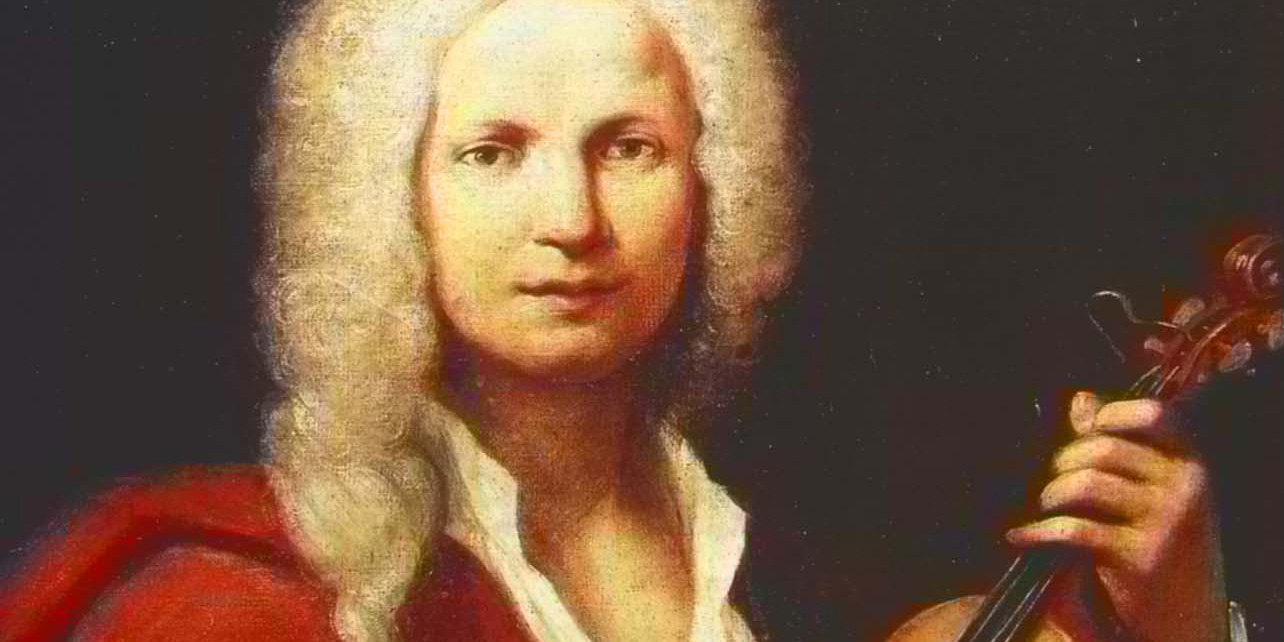Antonio Vivaldi, an Italian Baroque composer, is one of the most influential figures in the history of music. Known for his vibrant and expressive compositions, Vivaldi’s work has captivated audiences for centuries. Here are ten interesting facts about this remarkable composer:
- The Red Priest: Vivaldi was often referred to as “Il Prete Rosso” (The Red Priest) due to his bright red hair. This distinctive feature was inherited from his father, Giovanni Battista Vivaldi, who was a professional violinist.
- Early Ordination: Despite his eventual fame as a composer, Vivaldi was ordained as a priest in 1703 at the age of 25. However, he soon stopped saying Mass due to a health condition, believed to be asthma, which made it difficult for him to perform the physical exertions required by the priesthood.
- Prolific Output: Vivaldi was an extraordinarily prolific composer, having written over 500 concertos, 46 operas, and numerous other works including sacred choral music and chamber music. His concertos often featured a variety of instruments, showcasing his innovative approach to composition.
- The Four Seasons: Vivaldi’s most famous work is undoubtedly “The Four Seasons,” a set of four violin concertos each representing a different season of the year. These concertos are among the earliest examples of program music, where the music is intended to evoke specific images or tell a story.
- Innovative Educator: Vivaldi spent a significant portion of his career working at the Ospedale della Pietà, an orphanage for girls in Venice. Here, he taught music and composed many of his works for the orphanage’s all-female orchestra, which became renowned for its high level of performance.
- International Influence: Vivaldi’s music had a significant influence beyond Italy. His works were widely published and performed across Europe, influencing composers such as Johann Sebastian Bach, who transcribed several of Vivaldi’s concertos for keyboard.
- Forgotten and Rediscovered: After his death in 1741, Vivaldi’s music fell into obscurity. It wasn’t until the early 20th century that a resurgence of interest in Baroque music led to the rediscovery of his compositions. Today, Vivaldi is celebrated as one of the greatest composers of the Baroque era.
- Financial Troubles: Despite his success during his lifetime, Vivaldi faced financial difficulties in his later years. Changes in musical tastes and the economic decline in Venice contributed to his struggles, and he died in poverty in Vienna.
- Theatrical Contributions: In addition to his instrumental works, Vivaldi made significant contributions to the world of opera. He wrote numerous operas, many of which were performed in major theaters across Italy. His operatic style was known for its dramatic flair and expressive arias.
- Legacy and Influence: Vivaldi’s influence extends far beyond his own era. His approach to concerto writing, characterized by its energetic rhythms, catchy melodies, and vivid orchestral colors, has inspired countless composers and musicians. His works remain staples of the classical music repertoire, enjoyed by audiences worldwide.
Antonio Vivaldi’s life and music continue to captivate and inspire, a testament to his enduring genius and the timeless appeal of his art.


Comments are closed